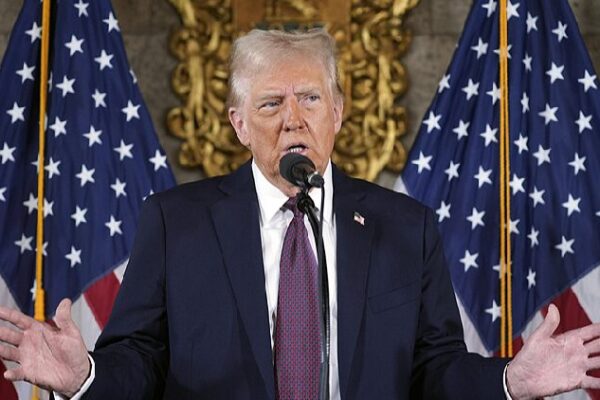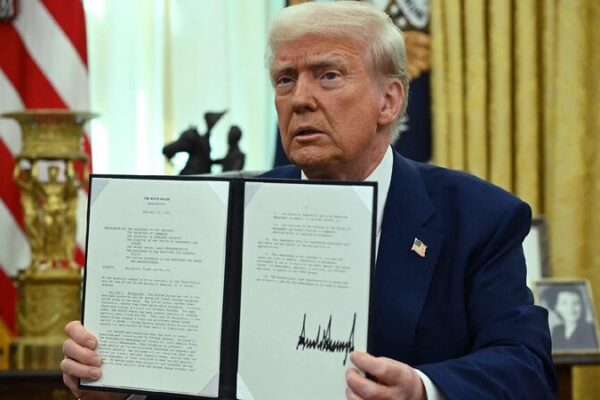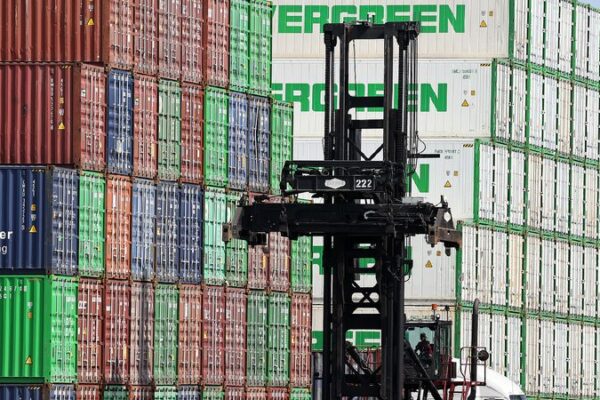Amidst global trade tensions, discussions have emerged about the possibility of Mexico imposing additional tariffs on goods imported from the Chinese mainland. Such a move could significantly influence trade dynamics and affect consumers and businesses alike.
Understanding Tariffs
Tariffs are taxes placed on imported goods, making them more expensive compared to local products. Countries use tariffs to protect domestic industries from foreign competition and to address trade imbalances. However, they can also lead to higher prices for consumers and strained international relations.
External Pressures
In the complex world of international trade, nations often face external pressures that influence their economic decisions. Aligning with certain trade policies can be a strategic move but may also lead to tensions with key trade partners.
Impact on Consumers and Businesses
If Mexico decides to implement new tariffs on Chinese goods, businesses that rely on imports from the Chinese mainland might experience increased costs. This could result in higher prices for everyday products such as electronics, clothing, and household items, affecting consumers across the country.
Global Implications
Trade decisions like these don’t just affect the countries directly involved. They can have ripple effects on the global economy, influencing markets and trade relations worldwide. For countries in the Global South, staying informed about such developments is crucial.
Why It Matters to You
Understanding these potential changes is important, especially for young people navigating an interconnected world. Trade policies can impact job opportunities, economic growth, and the availability of products. Being aware empowers you to make informed decisions and engage thoughtfully with global issues.
Reference(s):
Poll on Mexico's plan to impose additional tariffs on Chinese goods
cgtn.com







